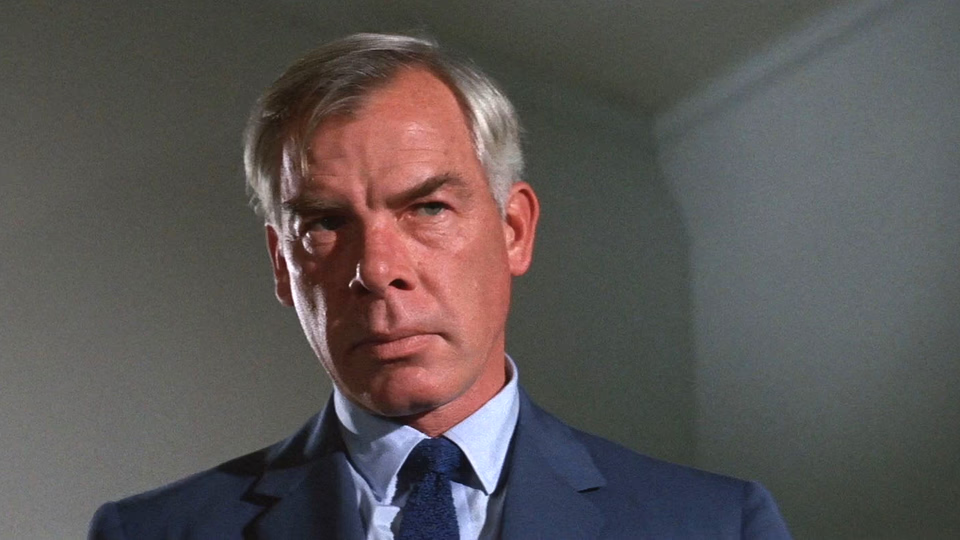Point Blank

Betrayed, shot, and left for dead, a criminal (Lee Marvin) sets out for revenge.
Point Blank is a brilliant array of contradictions. It’s raw, yet slick. Simple, yet complex. Intimate, yet impersonal. Director John Boorman achieves this remarkable dichotomy by exploring the question: “How do you exact revenge, when no one is accountable?”
Lee Marvin is perfectly cast. He’s a lone gunman, a throwback to the western anti-hero, yet Boorman places him in the slick, asphalt covered streets of late-sixties Los Angeles. His quest begins normally enough, as he tears through a parade of underworld figures for information, but, as the film unwinds, it subtly begins to shift, until Marvin’s character’s eventually realizes he’s not after a man at all, but rather a faceless corporation that he can’t physically threaten. The look on Marvin’s face speaks volumes.
Point Blank is an apt title. All the confrontations in the film are intensely close, yet the film maintains an emotional distance. We never get to know Lee Marvin’s character outside of his quest for revenge, and the relationships he generates in the film are all a means to an end.
Complementing all this is Boorman’s excellent visual style. The saturated colors and great wide-angle cinematography give the film a slick, polished look that perfectly contrasts the film’s raw performances. Further, Boorman’s fantastic editing creates some truly memorable sequences that stay with you long after the credits finish rolling.